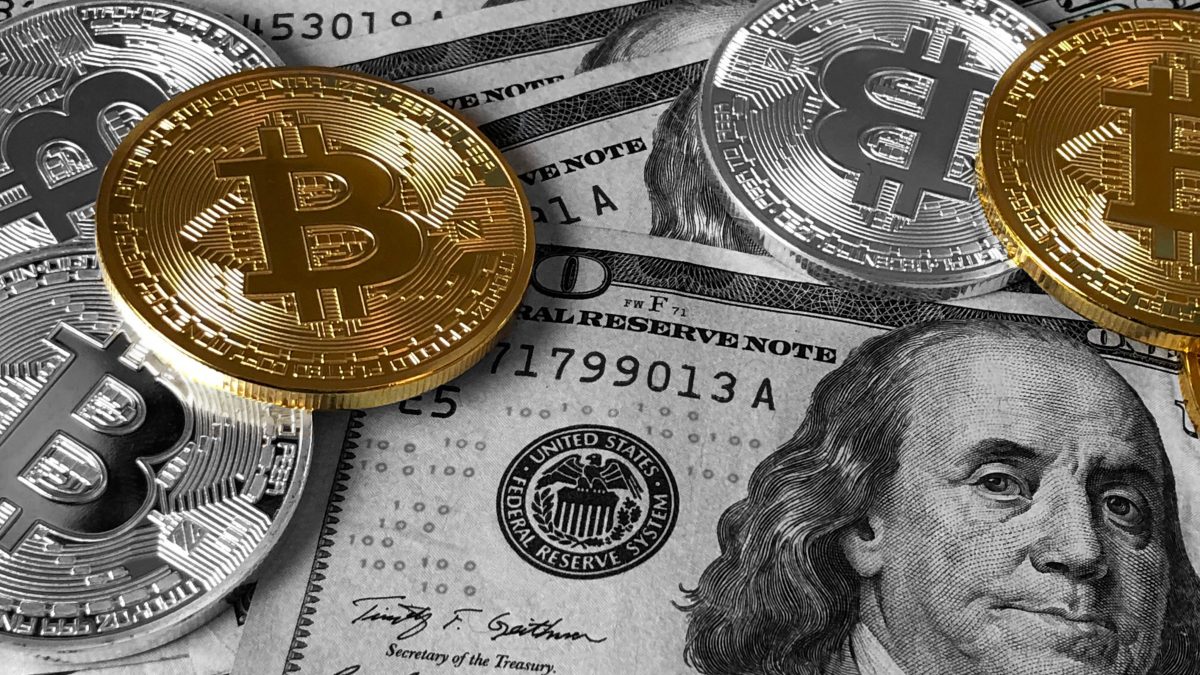I was interviewed recently for a Hartford Business Journal article about accounting firms seeing more cryptocurrency business and companies taking a cautious approach with decentralized money.
As a partner with FML, I would estimate that cryptocurrency accounts for about one month out of my full work year. Five years ago we had just a single client who needed help accounting for crypto assets. Nowadays FML has roughly 15-20 clients with investments and ventures based in crypto technology.
Here is the full section of the article where I am quoted and cited as a source:
“We get more and more inquiries every year,” Wilcox said. “More and more I am assisting other partners with clients who dip their toes. It’s a trend that’s moving up positively in terms of people getting involved.”
Cryptocurrency isn’t being widely used as a means of transaction in Connecticut, but leaders with major accounting firms said an increasing number of people are making it part of their investment portfolio, or establishing businesses around its exchange.
For Wilcox, crypto is also something of a private passion.
He owns two “mining” machines that perform complex calculations as part of a network of crypto miners. As the network solves complex equations and adds to the “blockchain” ledger by recording cryptocurrency history, the collective ownership is rewarded with units of cryptocurrency.
Wilcox, 33, said he first heard about cryptocurrency on internet forums around 2011 or 2012. Back then it looked to him like a spam ad. But as crypto kept cycling back into the headlines, Wilcox began to investigate.
“I said maybe now is the time to get a little more involved,” Wilcox said. He found a whole community had formed around the idea of an alternate currency that was decentralized, democratized and not bound by a central authority. The more he learned, the more he wanted to help the concept gain traction.
“They didn’t need me to be a coder, but a lot of people got in over their heads with tax issues and international reporting issues,” Wilcox said.
For some people, the currency is attractive because it is an alternative to currency held and controlled by a centralized authority, Wilcox said. Instead, it is a “social contract” in which crypto currency units are collectively assigned a value and can be traded for goods and services, he said.
“The rules of the supply have been determined,” Wilcox said. “Everyone in the network abides by those rules. Money cannot be printed whenever someone feels like it.”
There are not many places to transact in cryptocurrency locally, at least not directly. One year ago, the website “Coinmap” listed six local businesses that accepted cryptocurrency payment. Now, it lists five.
One of those is a permanently-closed bar in Hartford. Staff at another listed site, a Glastonbury steak house, said they do not accept crypto currency payment.
“We all have bills to pay and right now those bills can’t be paid in crypto,” Wilcox acknowledged.
Or at least not most of those bills. Not directly.
Wilcox uses a computer application to convert crypto assets at points of sale.
“I can go with digital Bitcoin, with an intermediary, and the local coffee shop gets U.S. dollars,” Wilcox said. “I use one application to go to Dunkin’ Donuts and I have used it all around Connecticut. It buys gift cards for me at the point of sale.”



